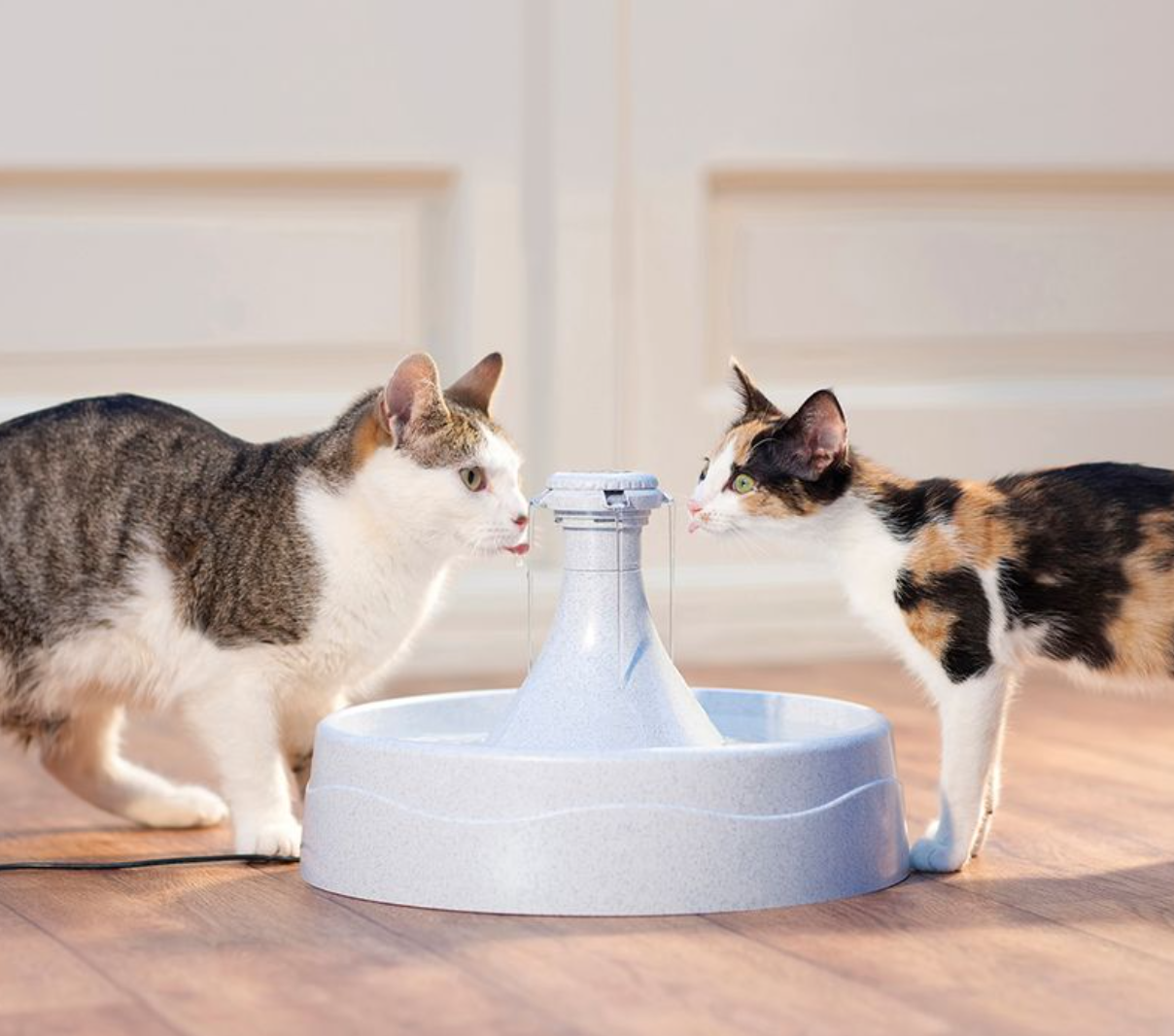Big Cat Ownership Regulations: A Comparative Analysis of the UK, US, Australia, and Brazil
Owning a big cat as a pet can be an alluring idea for some individuals, but it also raises important questions about animal welfare, public safety, and conservation efforts. To address these concerns, governments worldwide have implemented regulations to govern big cat ownership. In this blog post, we will explore and compare the regulations surrounding big cat ownership in the United Kingdom, United States, Australia, and Brazil.




































